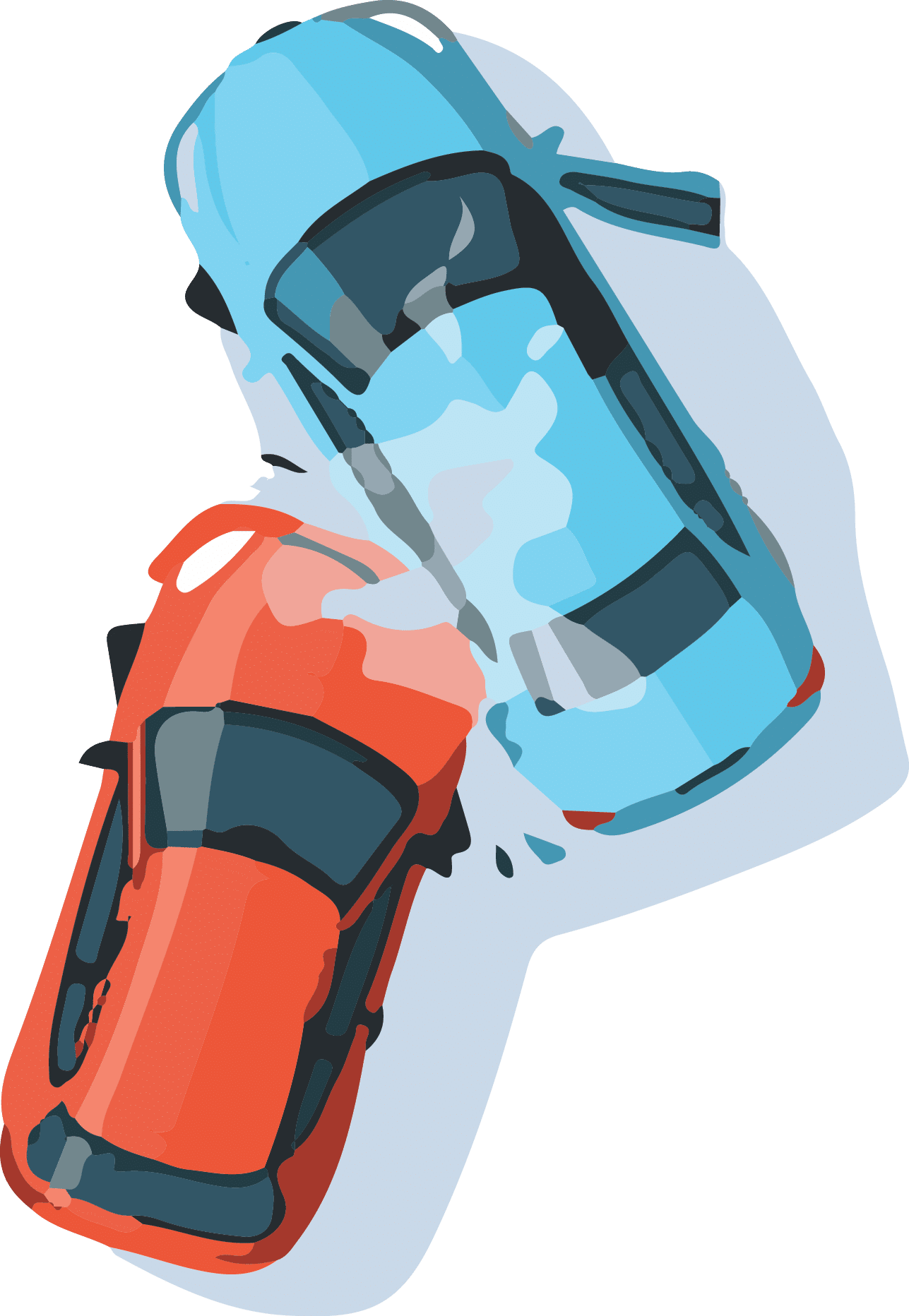We’ve all been there – where we’ve had to swerve last minute to miss something in the road
Roads were meant for cars, not debris. Most of the time, debris in the road is an inconvenience. Sometimes, it can be deadly. The experienced auto accident lawyer Syracuse at Stanley Law have recovered maximum compensation for thousands of injured victims, and most of these actions are from collisions between two or more vehicles. Oftentimes, excessive speed, or careless driving is to blame.
Yet in many cases, drivers and passengers are hurt by falling debris or other hazardous roadway conditions. From shredded tires to a sofa sitting in the middle of a traffic lane, this debris is quite a problem for motorists in New York and Pennsylvania.
Our personal injury attorneys also have come across instances when residents dump items like stones and other foreign objects in the roadway and this creates obstacles to avoid. Improper snow removal is a common occurrence in our parts, as well. It’s easier in these cases to identify who left the debris that created a dangerous condition.
Drivers have a duty to protect others from falling debris
We all see some motorists who are coming back from a hardware store or moving furniture, Christmas trees, and the like, and fail to properly secure loads. When their cargo flies out and injures someone, the driver can be held liable. When the culprit who left the debris beyond can be identified, Stanley Law Offices can pursue a negligence-based claim against the driver’s insurance company and seek maximum compensation.
What about commercial drivers on the job?
When commercial drivers have an unsecured or uncovered load, and you may also have a claim against the trucking company.
When cargo comes barreling out of a large commercial vehicle, it can lead to collisions as other vehicles try to avoid the falling debris. In this chain reaction, let’s say lumber falls out of a truck and a motorist swerves erratically to get out of the way and hits your vehicle. In this instance, you may not only have a claim against the employer responsible for the hazard but the driver who collided with you after navigating around the falling debris.
Pileups are extremely dangerous and we urge you to keep your distance around other vehicles, especially large ones that should be treated as the King of the Road. In our last post, we said this is even more important in windy conditions.
If it can be determined that the obstacle on the roadway was a result of a defect, you might even have a claim against the manufacturer.
Can the New York Department of Transportation (NY DOT) or another government agency be sued for failing to remove debris?
This is difficult, but it can be done. The state has a responsibility to remove hazards from the roadways, like debris left behind from a storm, dead animals, and parts that you might expect to see after an auto accident.
You’d have to prove the government had notice of the hazard or should have known about it. It must also be demonstrated that the government had ample time to remove the hazard and failed to do so.
Many questions to explore with a competent automobile lawyer. This is tricky stuff.
When we encounter injuries from debris, the first riddle we have to solve is how it got there. Also, we need to put a finger on how long it remained on the roadway, whether there was enough time to clean it up, and so forth.
Keep in mind that the victims have their own responsibility to avoid hitting the debris. If the injured driver has been speeding, was texting on their phone, or otherwise engaging in distracted or unsafe driving, it can tank their case.
Every circumstance is different, but certainly, reach out for informed advice in evaluating your case.
Stanley Law Offices is a personal injury firm based in Syracuse, NY with offices also in Watertown, Binghamton, Rochester, Oneonta, and Montrose, PA. If you’re seriously injured in a car crash or truck accident, don’t go it alone. Consultation is FREE by calling us at 800-608-3333. We’ll be there for you to do all that we can to help you get the MAXIMUM Award. Prior results do not guarantee future outcomes.


